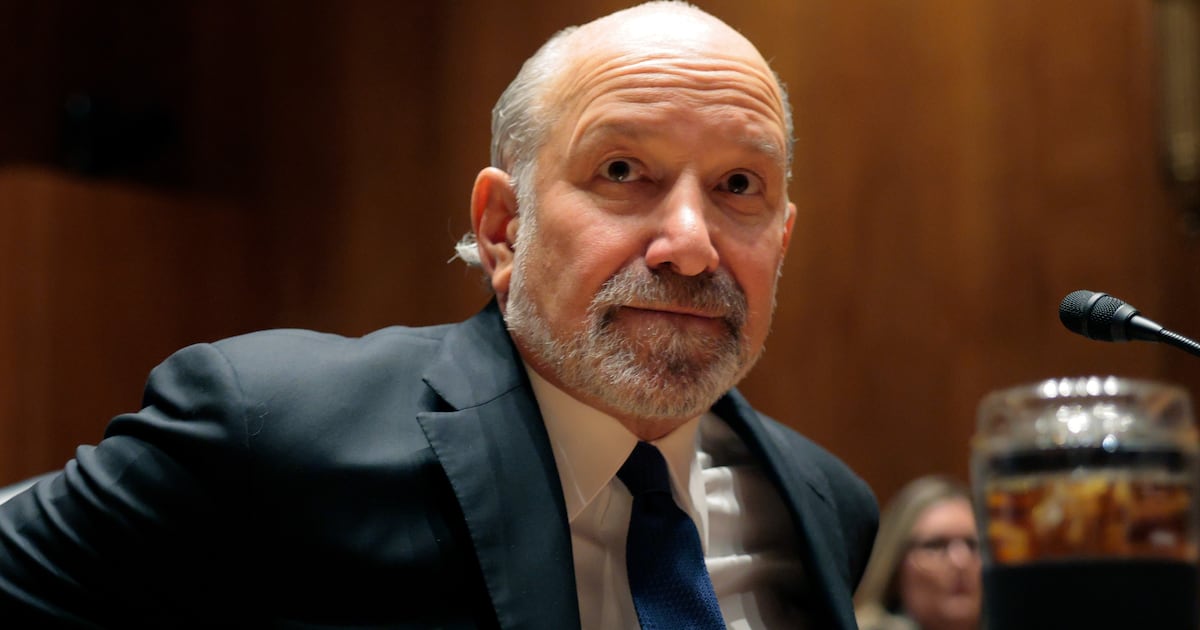Serbian authorities nabbed Ratko Mladic Thursday, ending a lengthy fugitive stint for the most-wanted war-crimes fugitive in Europe. Mladic, a Bosnian Serb general during the Bosnian War of the 1990s, was wanted on charges of genocide, war crimes, and crimes against humanity.
When they finally came for him, after 16 years, the once-proud general was frail and weak and offered little resistance. Hiding out in a relative’s house in a village and living under an assumed name, Mladic—who is charged with crimes against humanity and genocide for his role in the 1995 Srebrenica massacre—was armed but offered no resistance in a pre-dawn raid. Later Thursday, he appeared in court in Belgrade, where he was weak and apparently unable to communicate with a judge; at one point, the hearing was interrupted for a physical assessment. One of his arms is apparently paralyzed, perhaps due to a stroke. But Mladic remained defiant. “He does not recognize The Hague tribunal," his lawyer said. The former general is expected to extradited to the Hague to face the International Criminal Tribunal for the former Yugoslavia within a few days.
The general had been on the lam since 1995, when the International Criminal Tribunal for the former Yugoslavia indicted him for his role in the Srebrenica massacre, a June 1995 atrocity in which troops under Mladic’s command killed more than 8,000 Bosnian Muslims. Since the death of Slobodan Milosevic and capture of Radovan Karadzic, he had come into focus as a major target of the search for war criminals in the Balkans. "On behalf of the Republic of Serbia I can announce the arrest of Ratko Mladić. The extradition process is under way," said Seriban President Boris Tadić. "This removes a heavy burden from Serbia and closes a page of our unfortunate history."
He was found living in Belgrade, Serbia, which is coming under increasing pressure to capture war-crime fugitives in order to join the EU. For years, he lived openly in Belgrade with the shelter of top-ranking Serbian officials. As that position became more tenuous, however, he disappeared underground following Milosevic’s arrest. The international community widely believed Serbian officials—particularly former military colleagues and subordinates—to still be complicit in his hiding, and European Union officials had placed his capture as a condition of entry into the bloc. The timing of the arrest has already raised eyebrows: it comes as Catherine Ashton, the EU’s top foreign policy official, is on a visit to Serbia.
Adding to the intrigue, the Serbian government was tight-lipped about the circumstances of his capture. He had been rumored to be living in a massive suburb of Belgrade, the capital, but Serbian media reported Thursday that he had been captured in the village of Lazarevo, some 50 miles north, where he had been living under an assumed name. Security forces had been watching his house for two weeks. An official at the Hague court, which had been on the verge of releasing a report blasting Serbia for failure to capture Mladic, said he should be there within a few days.
Watch: 1992 Interview with Mladic about NATO intervention






